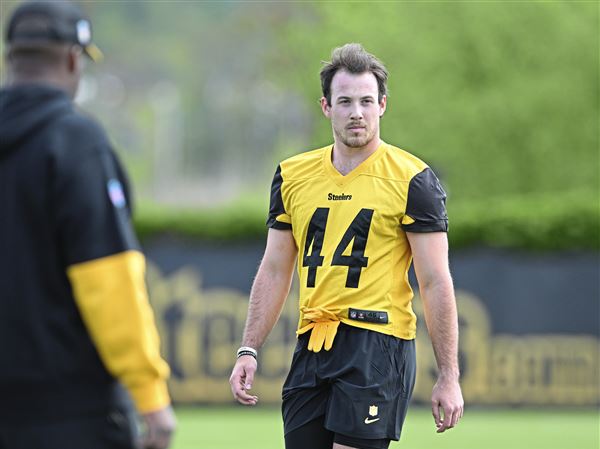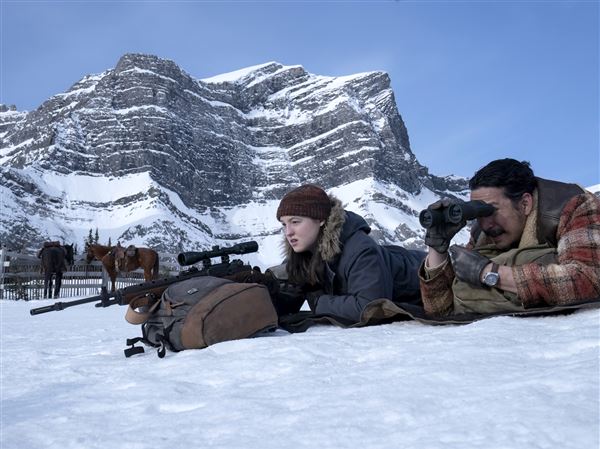The reporter in disguise has largely faded from mainstream American journalism. But the tactic is alive and well in the hands of passionate partisans.
As their pursuit of the "gotcha" moment has become part of the cost of life in the public eye, one question is how willing politicians will be to advance their agendas on the backs of these muckrakers 2.0.
In just the last month, surreptitiously recorded conversations have embarrassed NPR and Planned Parenthood, organizations long under assault from conservatives, as well as Gov. Scott Walker of Wisconsin, a Republican and target of the political left for his anti-union stance.
The latest episode came this week, when the conservative provocateur James O'Keefe released a video that included an NPR fund-raiser who makes disparaging remarks about the Tea Party. This led to the resignation of the radio network's chief executive, Vivian Schiller.
So far, politicians have been quick to celebrate the ends even as they tiptoe around the question of whether the means are appropriate.
Senator Jim DeMint, Republican of South Carolina, has limited his comments to calling for an end to federal financing for NPR. Representative Eric Cantor of Virginia, the Republican majority leader, issued a statement saying, "This video clearly highlights the fact that public broadcasting doesn't need taxpayer funding to thrive."
Representative Doug Lamborn, Republican of Colorado, also cited the O'Keefe video specifically in talking to The Daily Caller about cutting funding for public broadcasting. "Their arrogance and condescension," he said, is "just amazing."
None of the three mentioned Mr. O'Keefe by name.
When asked about Mr. O'Keefe's tactics, a spokeswoman for Mr. Cantor was circumspect: "Congressman Cantor has been working to find ways to cut spending so that people can go back to work."
Political strategists express worry that this sort activity has been creeping into campaigns for some time now. But the fact that they can so often have a political benefit leaves many torn.
"I find the whole thing bordering on unsavory on both sides," said Ari Fleischer, a White House press secretary under President George W. Bush. "As much as I love it when liberal hypocrisy is exposed," he added, "do we really want to get to the point where it becomes standard fare -- especially in political campaigns -- for opponents to engage in sting operations?"
Defensible or not, use of the tactics seems to be growing.
In the recent Planned Parenthood incident, the organization fired a clinic manager after an anti-abortion group secretly videotaped her giving advice on how to get medical care for under-age prostitutes, prompting renewed cries from social conservatives to eliminate the organization's federal funding.
In Wisconsin, a liberal blogger prank-called the governor posing as David Koch, the conservative donor and philanthropist. The governor compared his efforts to weaken the collective bargaining rights of public workers to President Ronald Reagan's firing of air traffic controllers in 1981, a move seen by many as a watershed moment in the weakening of organized labor.
Democrats pounced, seeing an opportunity to draw focus to what they said were the governor's intentions all along: to break public employee unions.
And those were just in the last month. Mr. O'Keefe, who first gained notice for secretly videotaping his exchanges with workers for the community organizing group Acorn who appeared to advise him how to avoid prosecution for a variety of unsavory activities like child prostitution, pleaded guilty last year in connection with entering the New Orleans office of Senator Mary Landrieu under false pretenses.
Mr. O'Keefe claimed Ms. Landrieu had been ignoring constituents' phone calls during the health care debate. Conservative politicians pointedly distanced themselves from Mr. O'Keefe after that incident, with some saying that a line had been crossed.
Despite their misleading methods, such pranks do not seem to taint the politicians who benefit from them. "I do find it a little difficult to draw a link because it's so hard to hold one person accountable for behavior with which they had no relationship at all except that they kind of agree," said Christopher C. Hull, who teaches politics at Georgetown University.
By and large, American news organizations are wary of the toll stunts like Mr. O'Keefe's can take on their credibility. Some attempts by mainstream media outlets to mask their reporters' identities, in fact, have caused a backlash.
One of the most significant examples was the case involving ABC News and Food Lion, in which the supermarket chain sued the network, claiming fraud and trespassing. Producers for the program "Primetime Live" lied on job applications and obtained jobs in the back rooms of Food Lion stores, where they recorded employees engaging in unsanitary and dangerous practices like bleaching spoiled meat.
As the case made its way through the courts, the Pew Research Center for the People & the Press asked in a 1997 poll whether people thought it was acceptable for reporters to use potentially deceptive tactics like hidden cameras. Large majorities said no.
The Chicago Sun-Times found itself snubbed by the Pulitzer Prize board in the 1970s after it set up a sting operation at the Mirage bar, where they caught city inspectors accepting bribes.
Tom Rosenstiel, director of Pew's Project for Excellence in Journalism, said that newspapers subsequently pulled back from such techniques. "Because," he said, "it was hard to try and suggest you're telling the truth when you're lying."
First Published: March 12, 2011, 5:00 a.m.















